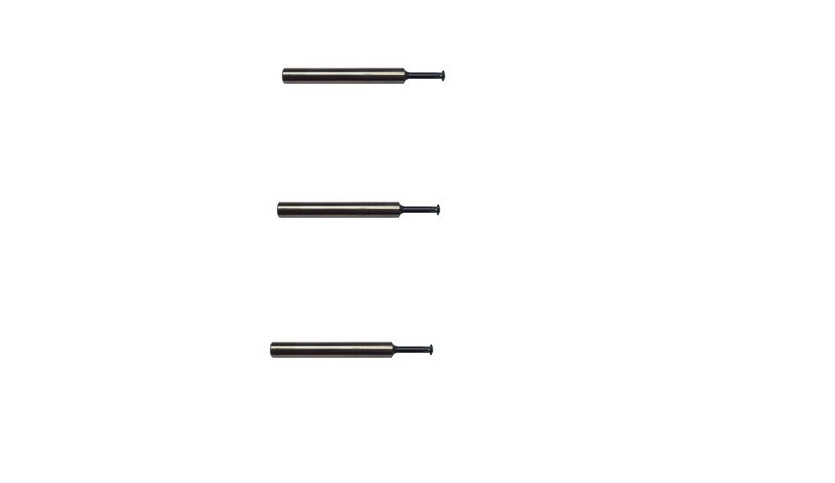
Threads are an essential part of all sorts of components and connectors. From the pipes that feed water into our homes to the machines that make building those homes possible, threaded surfaces literally hold everything together. The process of cutting threads has taken many different forms over the years. Thanks to the popularity of CNC milling machines in the area of manufacturing, thread milling has become a popular way to add threaded surfaces to pipes and custom made components. If you want to thread mill efficiently it is important to know when to use single pitch thread mills.
Traditional thread making tools like taps and dies can have their drawbacks. They can take time and often require tool changes to produce threaded surfaces of different diameters and pitches. When chips fail to evacuate from these tools they can also cause some serious jams, potentially damaging the workpiece or the tool itself. Thread milling tools can tackle the same tasks in seconds with significantly less risk of the tool jamming or causing issues during the cut.
Some of the most common thread milling tools are known as full form tools. While these cutters are extremely fast and efficient, they are not always the best fit for a job. These thread cutting end mills have rows of sharp cutting teeth that are spaced to correspond to the desired thread pitch. When making a cut, the tool moves in a 360 degree angle while dropping the length of a thread pitch in order to form a uniform helical thread.
While this process allows threads to be cut in a second or less, it’s still not always the best choice. Every full form tool can only cut threads with a uniform pitch, though they can be used to cut internal or external threads that are either left or right handed. These tools should only be used on very stable workpieces because they have a large cutting surface. If you have to deal with mixed thread sizes or unstable worpieces, then single pitch thread mills might be the best tools for the job.
Single pitch thread mills are designed with only a single cutting point instead of the full row of points found on a full form thread mill. This means that the tool has to trace along the entire threaded surface, which will take longer than using a full form tool. While the process might take a little longer, a single tool can create threads with a wide range of different pitch sizes, making them a great option. They can also be used to thread delicate surfaces like thin walled components and overhangs with ease.
If you are looking for some single pitch thread mills for your shop, then Online Carbide is the brand to check out. Their US made thread mills are second to none and are ground from high quality tool carbide stock. You can see their thread mills and all of their other cutting tools when you visit www.onlinecarbide.com.


